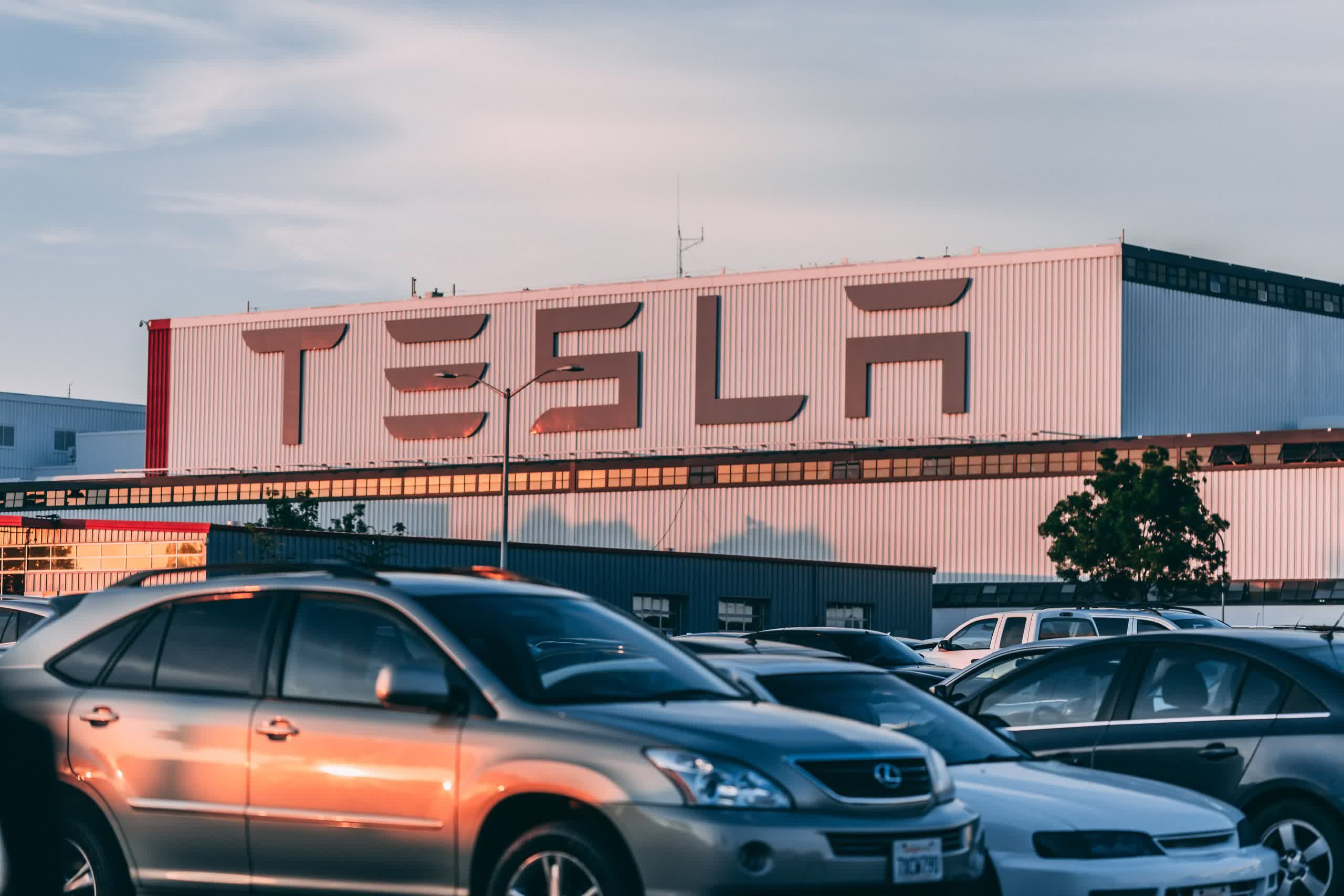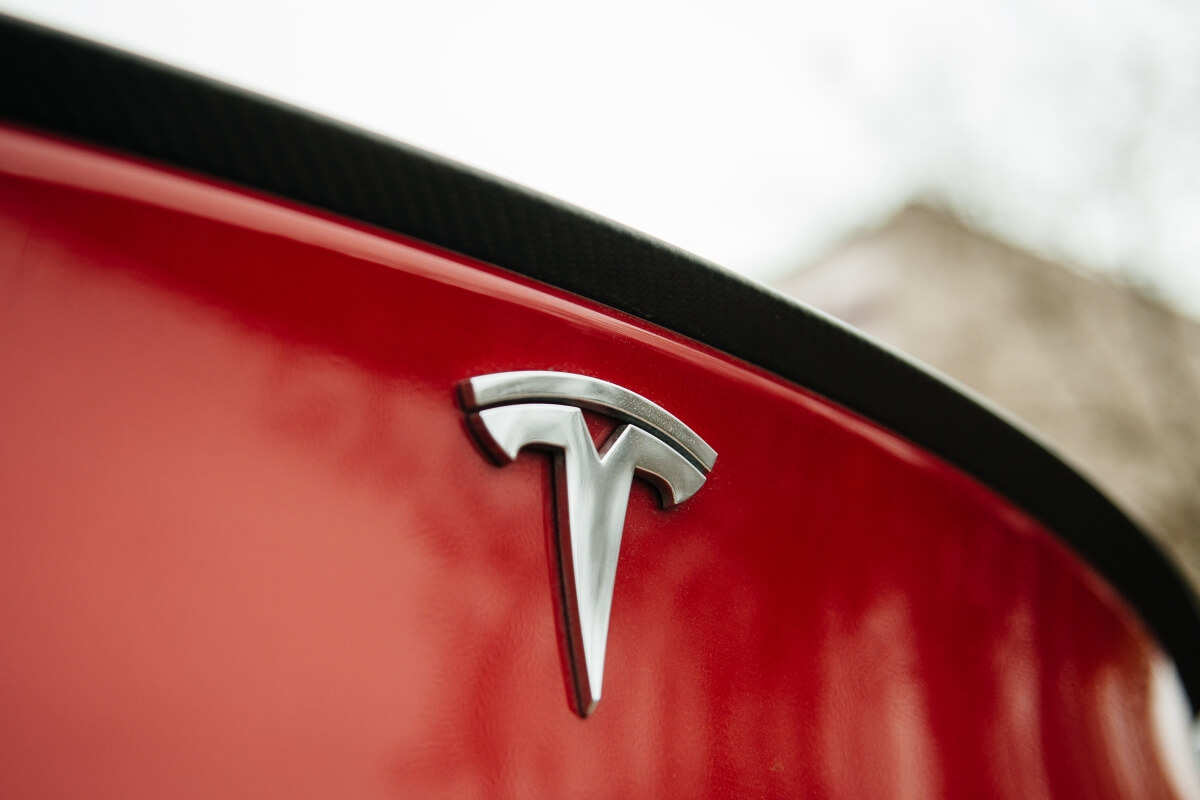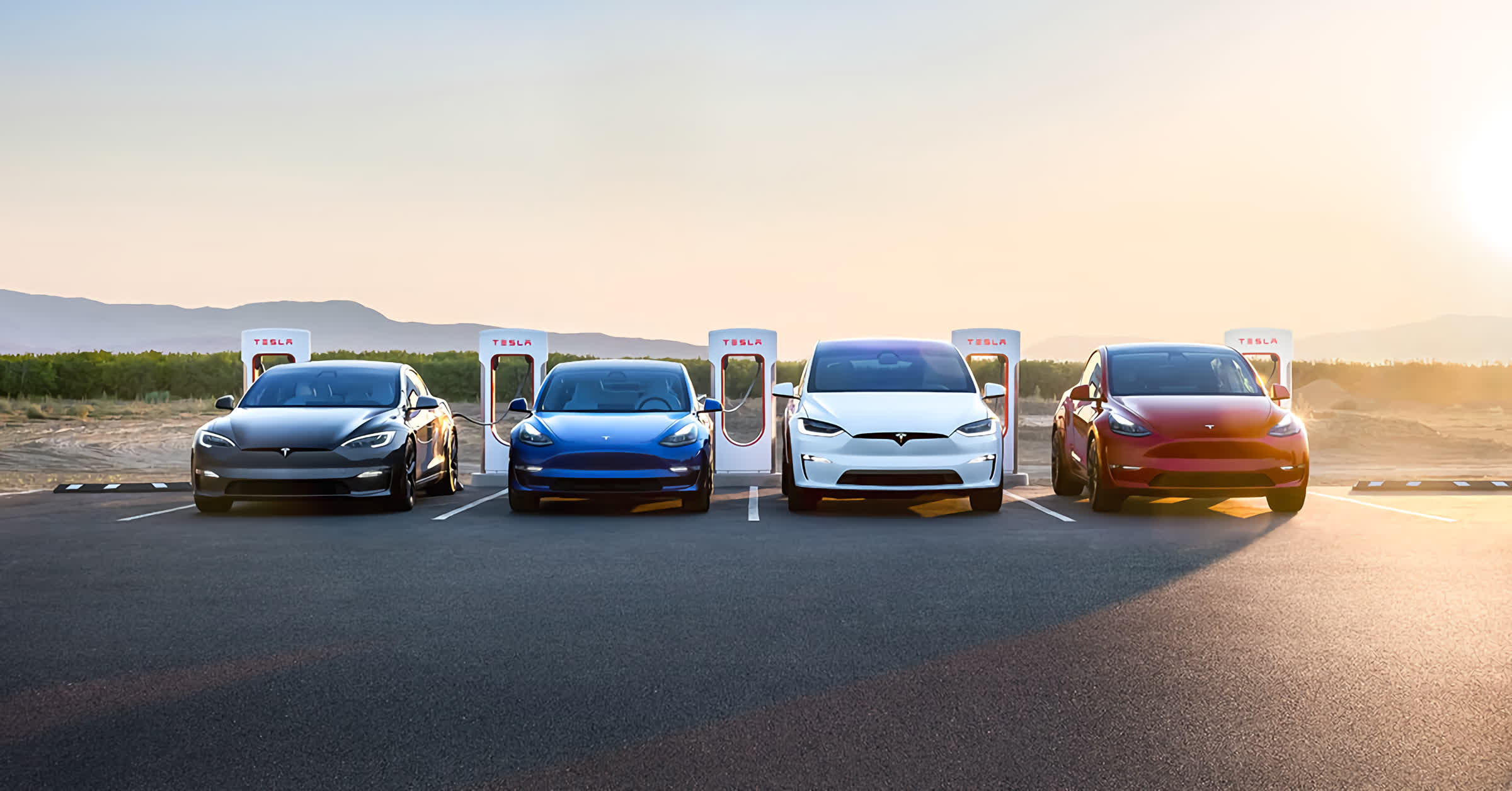A hot potato: Range anxiety – unease over the maximum driving range before needing to recharge – has been a primary roadblock facing electric vehicle adoption. An extensive new report from Reuters claims that leading EV manufacturer Tesla has used overly optimistic range estimates and instructed staff to divert range-related complaints, but the current status of these policies is unclear.

Sources have told Reuters that Tesla at one point employed algorithms to give customers exaggerated estimates for the maximum driving range of its EVs and dedicated an entire office to silencing complaints on the issue. It isn't known if Tesla still uses the algorithms, but third-party testers recently claimed the cars fail to meet their advertised ranges.
The practice began around a decade ago for advertising purposes and was directed by Tesla CEO Elon Musk. The inflated numbers would appear on a vehicle's dashboard while at or near full charge but would switch to a more realistic estimate after falling below 50 percent, which could give drivers the impression that the range is dramatically sinking.
Part of the issue is that Tesla's numbers don't account for environmental conditions, which can significantly impact driving range. Cold weather has an especially acute effect on EV batteries, potentially cutting their range in half. Other factors like extended periods of high-throttle driving, steep inclines, and headwinds can also shorten the time between recharging. The company does, however, host information about conditions that affect driving range on its website, and recent updates to its EVs display more information about battery consumption.

Although word of the policy has only recently emerged, Tesla has previously gotten into trouble with regulators in the US and South Korea over the issue. The range estimates required to be displayed on EVs for sale in the US typically come directly from the EPA (Environmental Protection Agency), but Tesla uses internal testing.
Since 2020, the EPA has required the company to revise its numbers by around three percent. In January, the Korea Fair Trade Commission fined Tesla $2.2 million for failing to tell customers about the effects of low temperatures on EV batteries and forced the company to admit false advertising.
The mismatch between advertised ranges and the ranges many drivers experienced in the wild led to so many customer complaints that Tesla opened a division in Las Vegas devoted solely to diverting and closing support cases without necessarily solving the underlying issues. Employees there regularly celebrated closing cases and resorted to various tactics to do so, diverting or canceling hundreds per week.

At one point, Las Vegas staff were instructed to try to end calls within five minutes and would cancel a case if the customer didn't pick up the first time they called. Initially, employees would run remote diagnostics before telling customers their batteries were in good health, but ceased doing so in late 2022.
The company currently handles range cases through a Utah office, and it's unclear how it conducts range estimation today, but recent outside analysis still shows discrepancies. A 2021 report from Edmunds found that most Tesla models miss EPA range estimates even when accounting for the supposed 15-mile "safety buffer." Models from other manufacturers hewed closer to EPA estimates and almost always exceeded advertised ranges. More recently, an EV analytics company told Reuters that Tesla's numbers disregard environmental factors as recently as this year.
The report resembles a May incident in which an employee leaked reports of thousands of previously unknown safety and privacy complaints. The trove of documents revealed that support staff deliberately avoided leaving paper trails of the complaints by favoring oral communication and refusing to record calls.
Despite the controversy, Tesla vehicles continue to enjoy strong sales. Recent price cuts and positive performance in China helped the Model Y become the first EV at the top of the world's best-selling car list in the first quarter of this year.
https://www.techspot.com/news/99575-tesla-accused-deliberately-overestimating-ev-driving-ranges.html